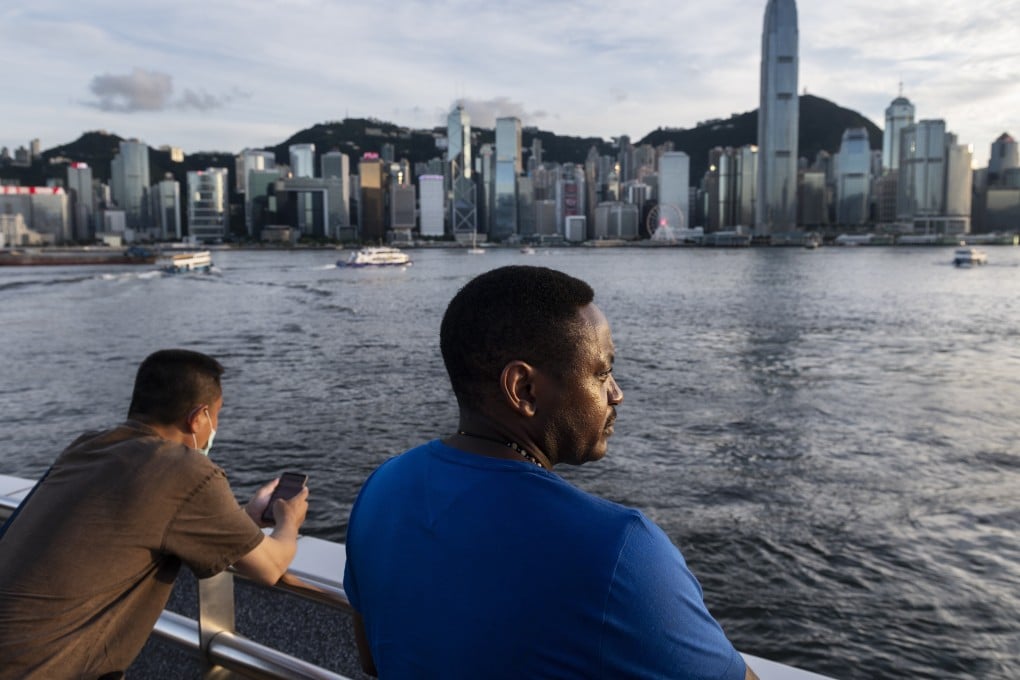As I see it | Can Hong Kong find a win-win solution for its asylum seekers?
- When asylum seekers arrive in Hong Kong, they apply to stay temporarily, but even those who succeed are not allowed to work or volunteer
- Hong Kong should ease these restrictions and instead allow members of this vulnerable community to become assets to the city

On the other hand, many argue, the most underprivileged can hardly consider such options. Among them, there is a group that has long lived at the margins of society: hundreds of asylum seekers mostly from other Asian countries, Africa and the Middle East, often discriminated against and forgotten amid the city’s recent struggles.
Although she acknowledged support from well-meaning volunteers and some non-profit groups, this woman felt she had been let down by the system and the society that outside her claustrophobic four walls seemed wealthy and vibrant. One of the main issues was that the family was offered only short-term solutions – none of the opportunities were genuine chances to rebuild their lives.
The mother was particularly worried about the future of her two teenage children who were about to finish high school. Their career prospects were grim. She knew they were unlikely to be allowed to pursue further studies at university or secure a work visa.
